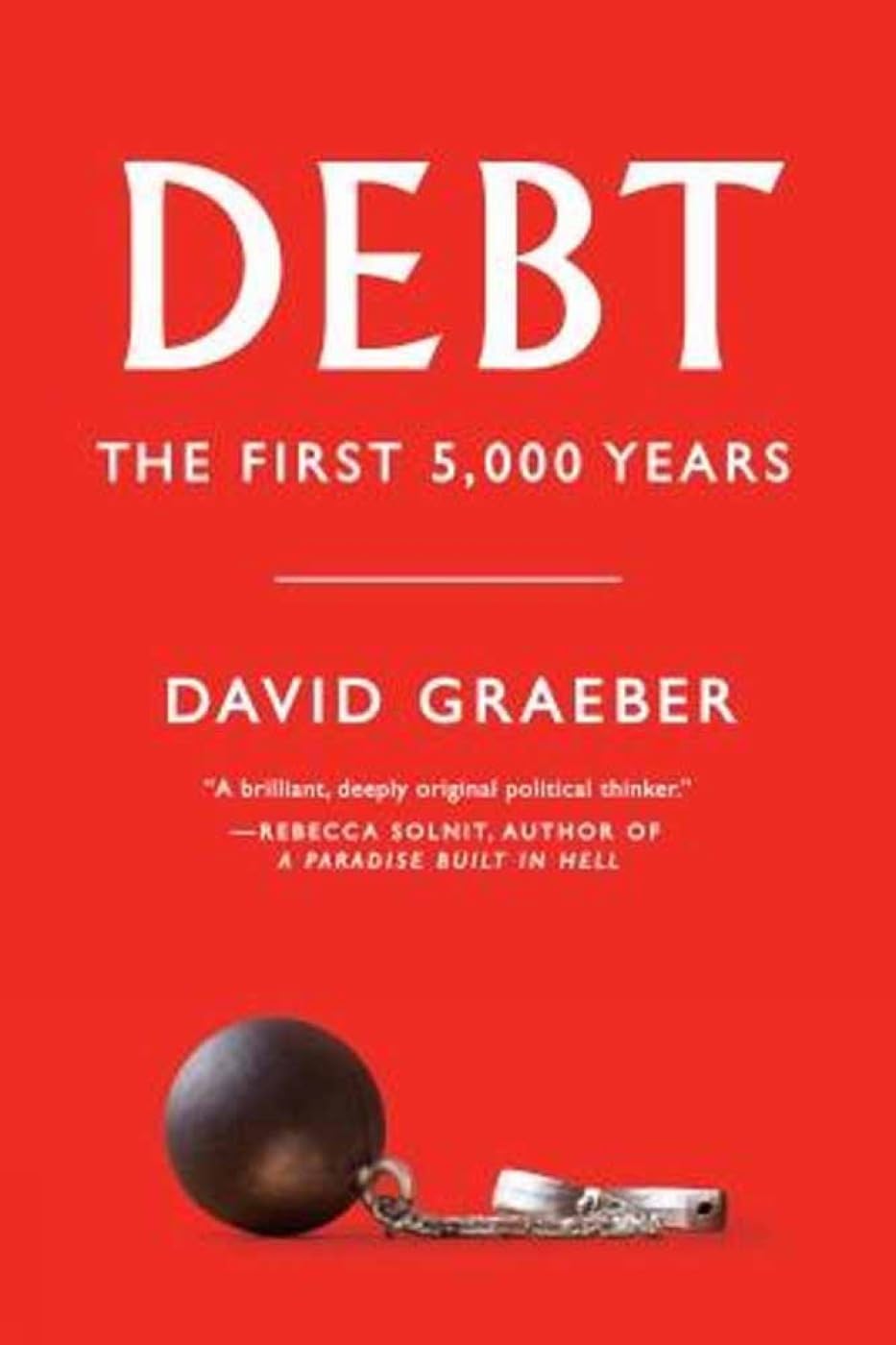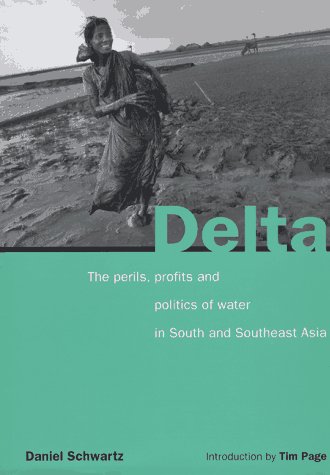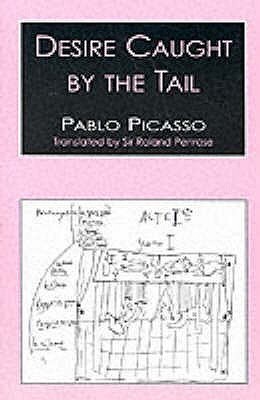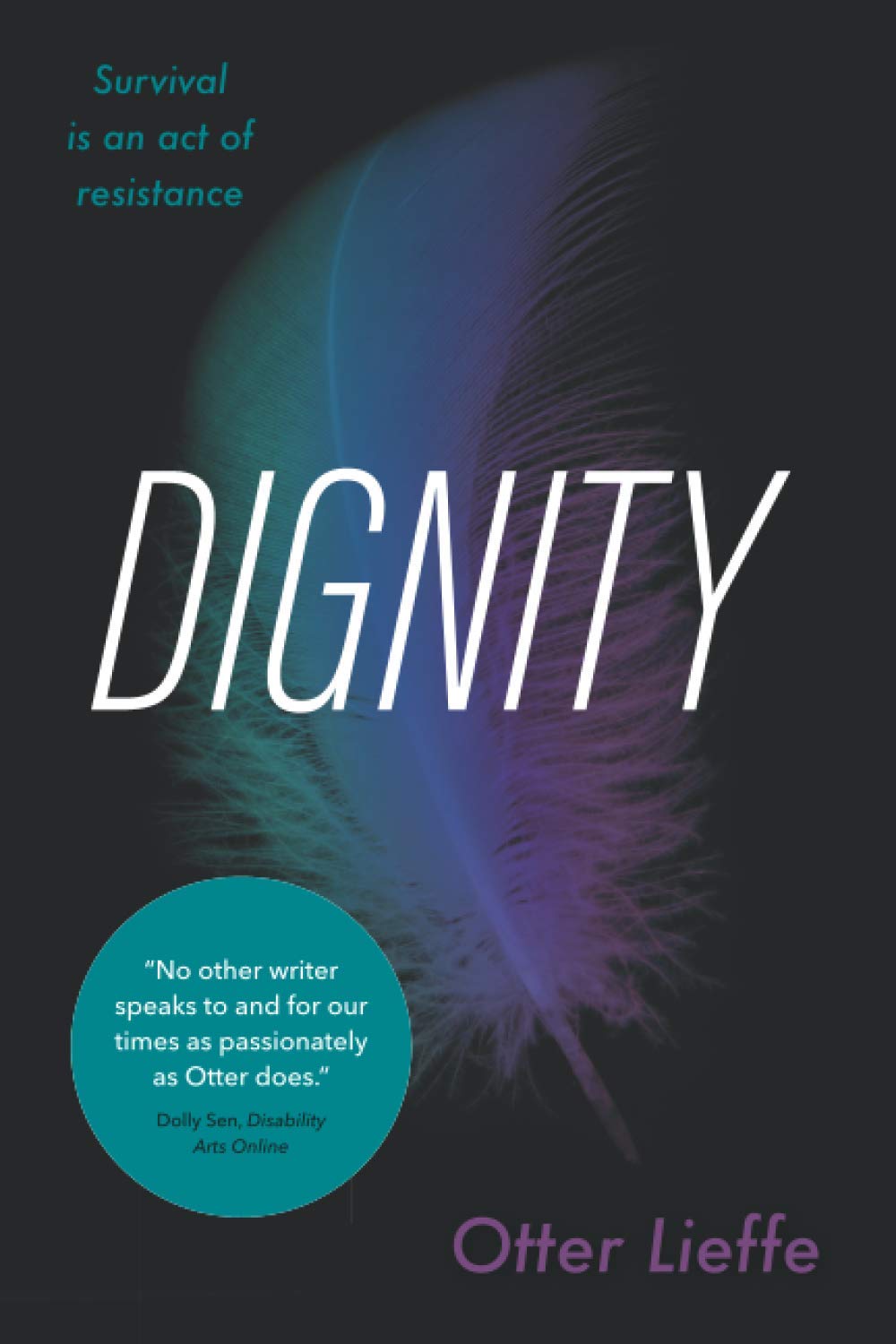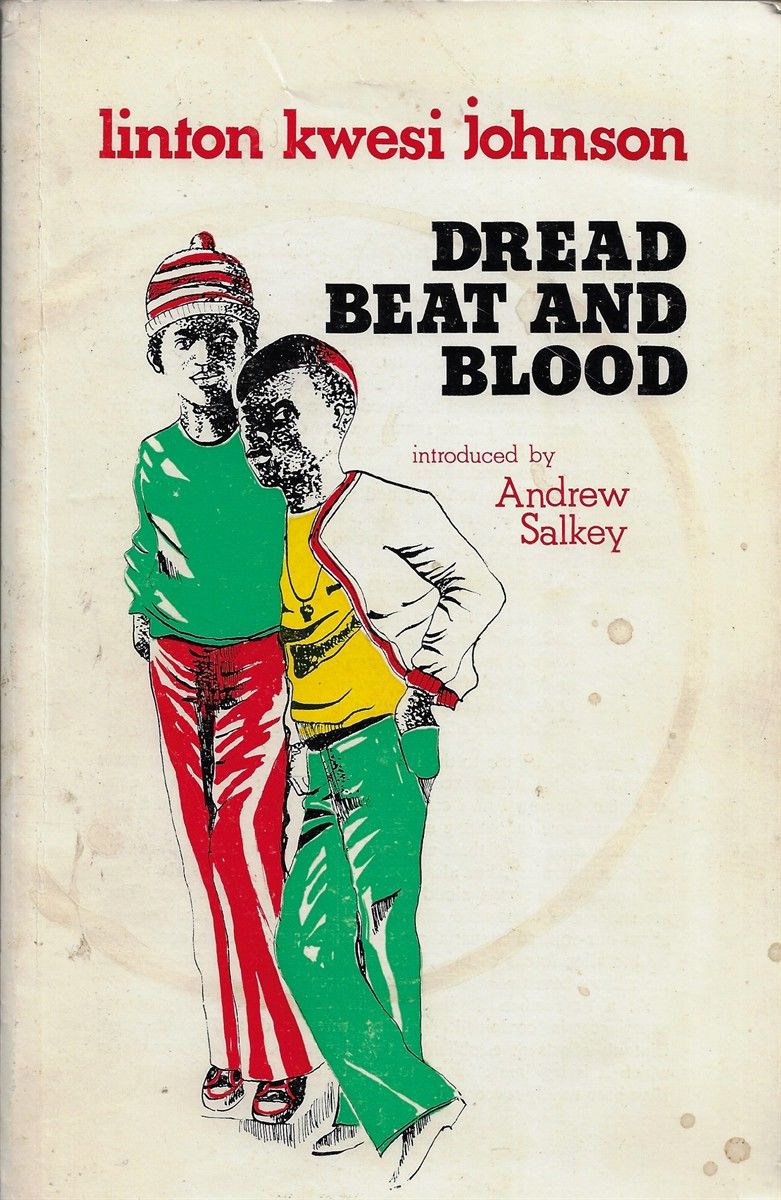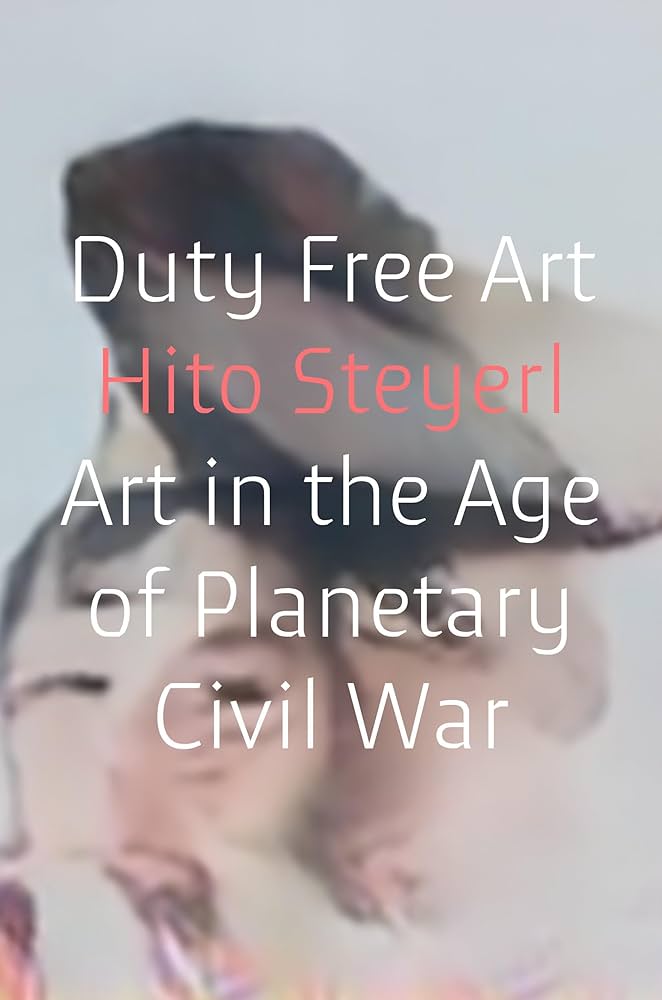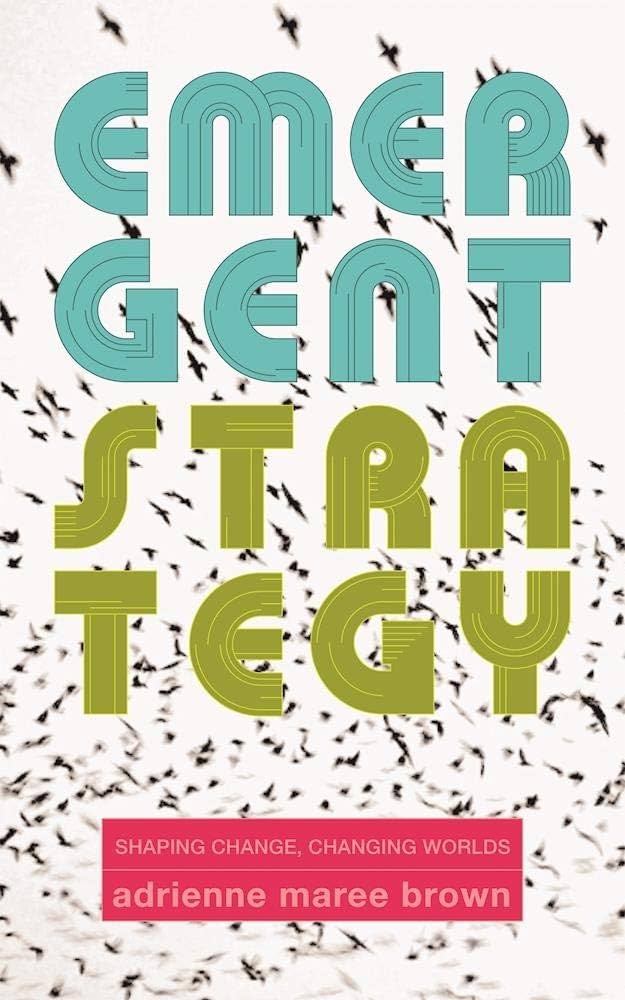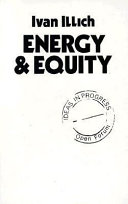Every economics textbook says the same thing: Money was invented to replace onerous and complicated barter systems—to relieve ancient people from having to haul their goods to market. The problem with this version of history? There’s not a shred of evidence to support it.
Here anthropologist David Graeber presents a stunning reversal of conventional wisdom. He shows that for more than 5,000 years, since the beginnings of the first agrarian empires, humans have used elaborate credit systems to buy and sell goods—that is, long before the invention of coins or cash. It is in this era, Graeber argues, that we also first encounter a society divided into debtors and creditors.
Graeber shows that arguments about debt and debt forgiveness have been at the center of political debates from Italy to China, as well as sparking innumerable insurrections. He also brilliantly demonstrates that the language of the ancient works of law and religion (words like “guilt,” “sin,” and “redemption”) derive in large part from ancient debates about debt, and shape even our most basic ideas of right and wrong. We are still fighting these battles today without knowing it.
A vibrant, hard-hitting and informative collection of essays that sets out to defend Britain's multicultural way of life. The contributors challenge David Cameron and others' assertions that multiculturalism is to blame for dividing society. The best thinkers and writers in politics, academia and activism tackle questions such as 'Has Multiculturalism Failed?' 'The Threat of the English Defence League' and 'Are the White Working Class Excluded?'. This accessible book is a must have for all those who want to celebrate, defend and extend Britain's diverse society.
Desire Caught by the Tail is a farcical play written by the painter Pablo Picasso.
Isolation and community. Restrictions and freedom.
The near future is a militarised state, a fractured continent, and a world in which fascism is resurging following pandemics and climate devastation.
Against this grim backdrop, the characters of Dignity form a deeply diverse resistance movement that brings connection, strength and hope to those who need it most.
This novel can be read on its own or as part of a trilogy, in any order:
Margins and Murmurations
Conserve and Control
Dignity
Poetry by pioneering Dub poet, Linton Kwesi Johnson. Introduced by Andrew Salkey.
What is the function of art in the era of digital globalisation? In Duty Free Art, filmmaker and writer Hito Steyerl wonders how we can appreciate, or even make art, in the present age. What can we do when arms manufacturers sponsor museums, and some of the world's most valuable artworks are used as a fictional currency in a global futures market that has nothing to do with the work itself? Can we distinguish between creativity and the digital white noise that bombards our everyday lives? Exploring artefacts as diverse as video games, Wikileaks files, the proliferation of spam, and political actions, she exposes the paradoxes within globalization, political economies, visual culture, and the status of art production
Inspired by Octavia Butler's explorations of our human relationship to change, Emergent Strategy is radical self-help, society-help, and planet-help designed to shape the futures we want to live. Change is constant. The world is in a continual state of flux. It is a stream of ever-mutating, emergent patterns. Rather than steel ourselves against such change, this book invites us to feel, map, assess, and learn from the swirling patterns around us in order to better understand and influence them as they happen. This is a resolutely materialist "spirituality" based equally on science and science fiction, a visionary incantation to transform that which ultimately transforms us.
In 1948, the SS Empire Windrush, carrying hundreds of young men and women from the Caribbean, docked in Southampton. The ship's arrival signalled the beginning of a mass migration which was to have profound effects on Britain for the next 50 years. This anthology charts those 50 years. In poetry, fiction, journalism and essays, and addressing themes such as identity, racism, education, sexual identity, entertainment and leisure and black on white, 'Empire Windrush' is a groundbreaking book of enormous historical and contemrporary relevance.
In this essay, Illich examines the question of whether or not humans need any more energy than is their natural birthright. Along the way he gives a startling analysis of the marginal disutility of tools. After a certain point, that is, more energy gives negative returns. For example, moving around causes loss of time proportional to the amount of energy which is poured into the transport system, so that the speed of the fastest traveller correlates inversely to the equality as well as freedom of the median traveller.

